-

Solar storm hits Earth, producing colorful light shows across Northern Hemisphere
An unusually strong solar storm hitting Earth produced stunning displays of color in the skies across the Northern Hemisphere, with no immediate reports of disruptions to power and communications.
-
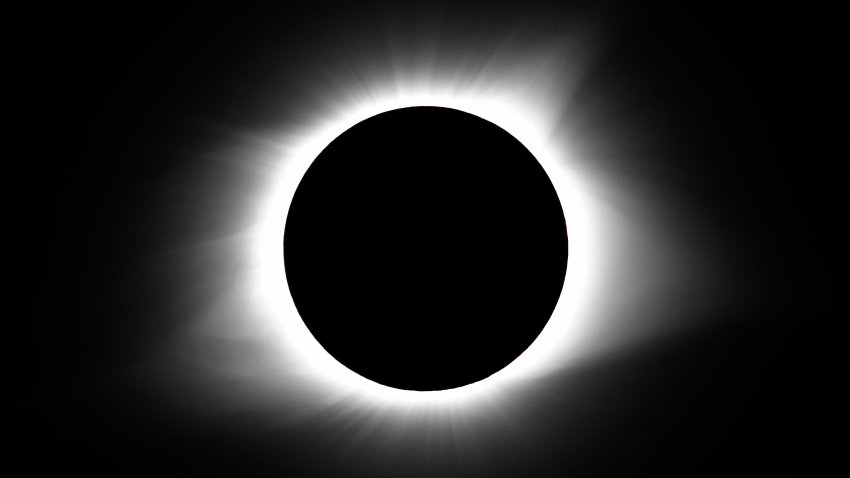
A ‘devil comet' is set to swing by the sun and could be visible during the eclipse
A “devil comet” known for its occasional outbursts is currently visible in the night sky, and lucky stargazers may even be able to spot the celestial object during next month’s much-anticipated solar eclipse, according to NBC News.
-

What is the difference between an equinox and a solstice?
Mark your calendar because the seasons are changing! Here’s what you need to know about equinoxes and solstices.
-
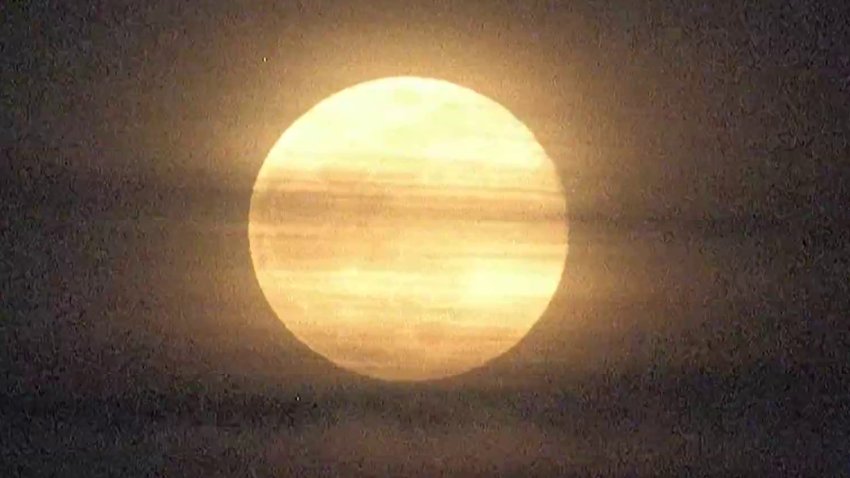
A ‘micromoon' is visible in the sky over Philadelphia Saturday night
Did you look to the sky? A “snow moon” is visible over our region.
-
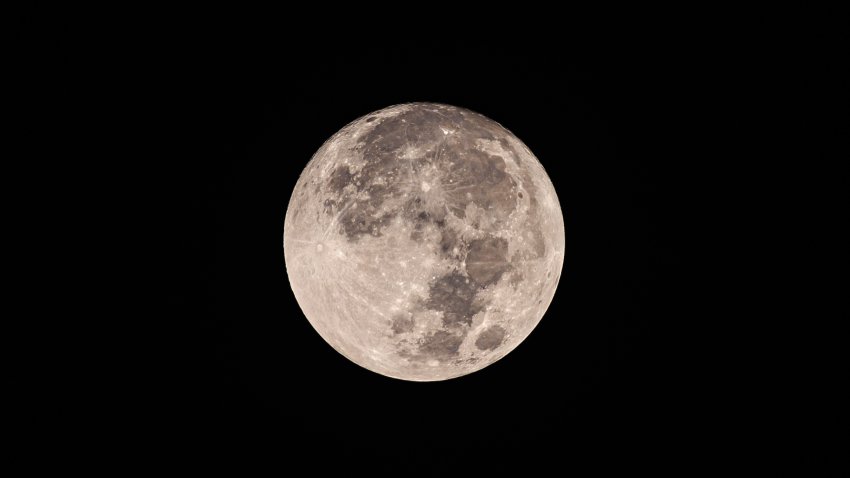
Here's how and when to see the Snow Moon in Philadelphia this weekend
The “micromoon” full moon will be above the Philadelphia sky this weekend.
-
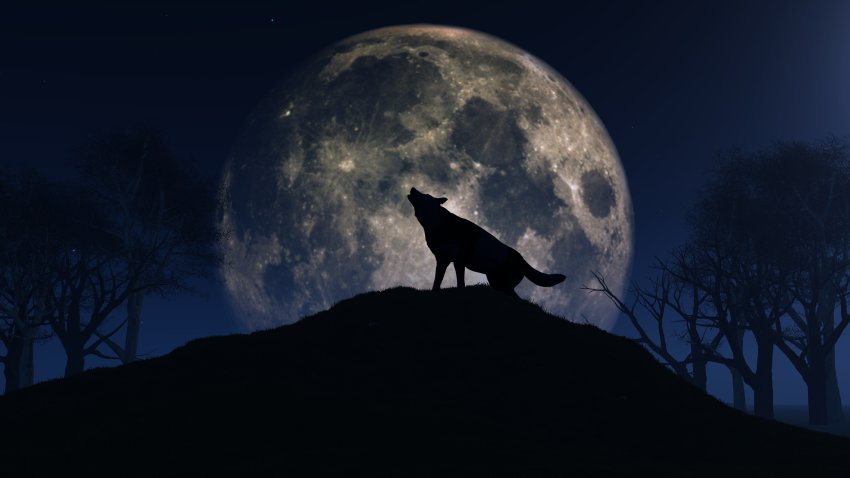
Where and when to see the Wolf Moon tonight — The first full moon of 2024
A Full Wolf Moon happens once a year. Here’s what to do so you won’t miss it.
-
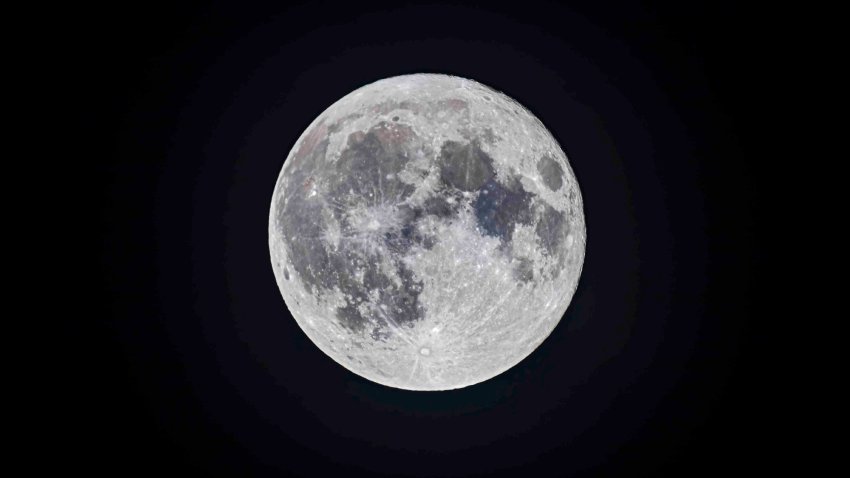
‘Cold Moon,' the final full moon of 2023, set to rise in the night sky this week
The 13th and final full moon of 2023, also known as the “Cold Moon,” will shine bright this holiday season, just in time to ring in the new year.
-
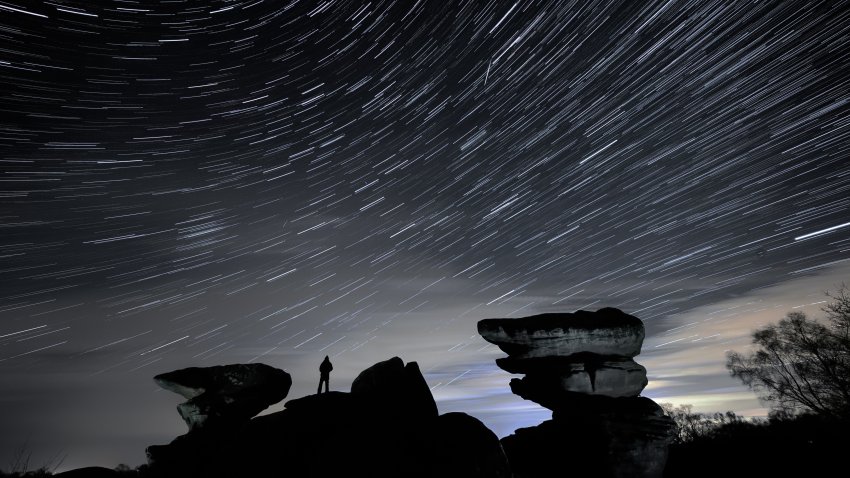
The Geminid meteor shower peaks tonight. Here's when and where to watch it
The annual Geminids will provide a cosmic spectacle Wednesday night and reach peak frenzy Thursday morning.
-
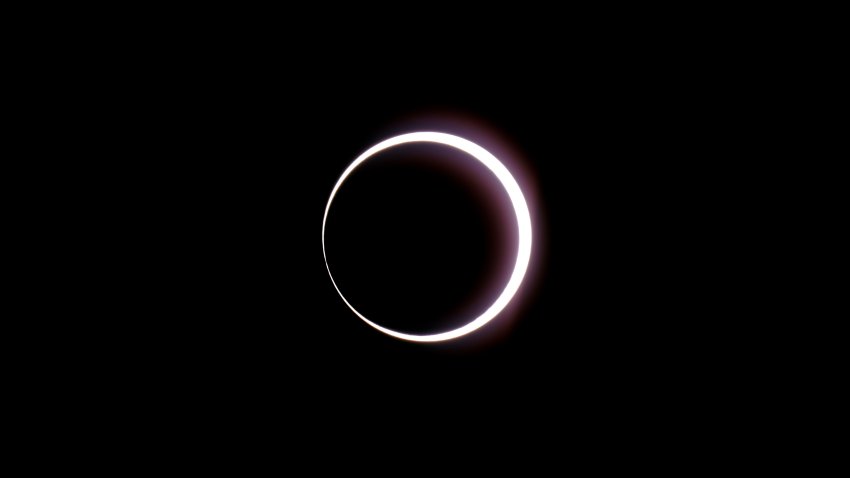
Crowds cheer as ‘ring of fire' eclipse moves across the Americas, stretching from Oregon to Brazil
Crowds cheered in Oregon and New Mexico as a rare “ring of fire” eclipse of the sun begin making its way across the Americas.
-
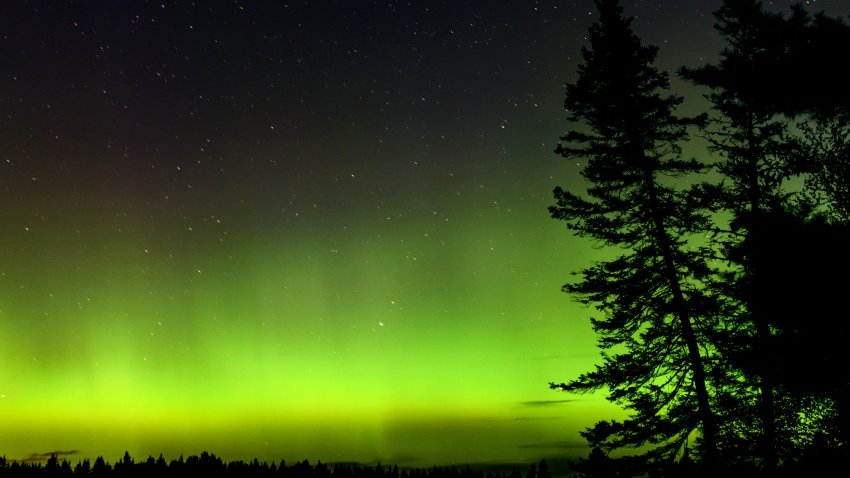
Northern lights activity is sky-high, and scientists say more is yet to come
Every glimmer of the northern lights begins as a spot on the sun’s surface. And if increased solar activity is any indication, the next year and a half will be filled with glimmers.
-

When is the first day of fall? The autumnal equinox, explained
It’s fall ya’ll! Sweater weather is upon us. The beginning of the autumn season marks the end of warm summer days and the start of longer chilly nights.
-
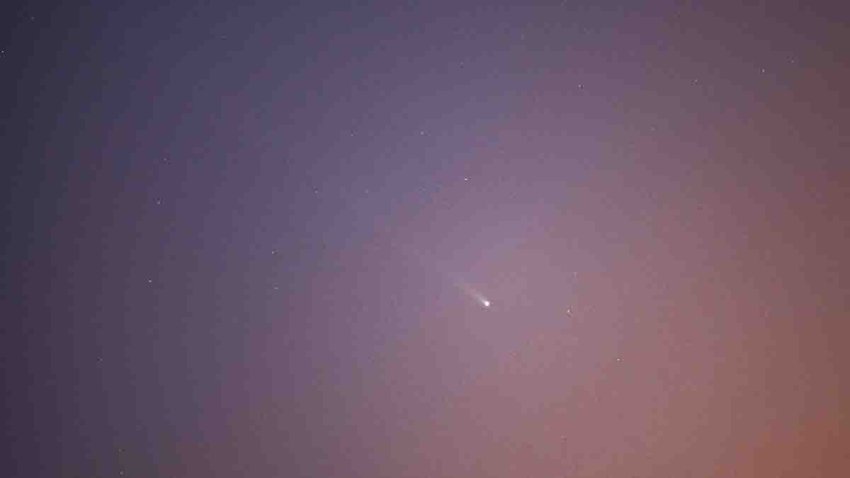
Across the Northern Hemisphere, now's the time to catch a new comet before it vanishes for 400 years
A newly discovered comet is swinging through our cosmic neighborhood for the first time in more than 400 years.
-
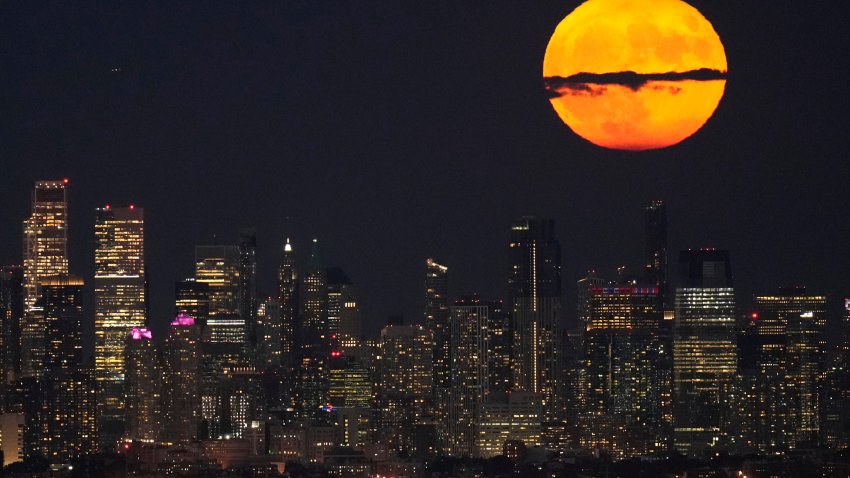
Rare blue supermoon brightens the night sky this week. Here's the best night to see it
The cosmic curtain rises Wednesday night with the second full moon of the month, the reason it’s considered blue.
-
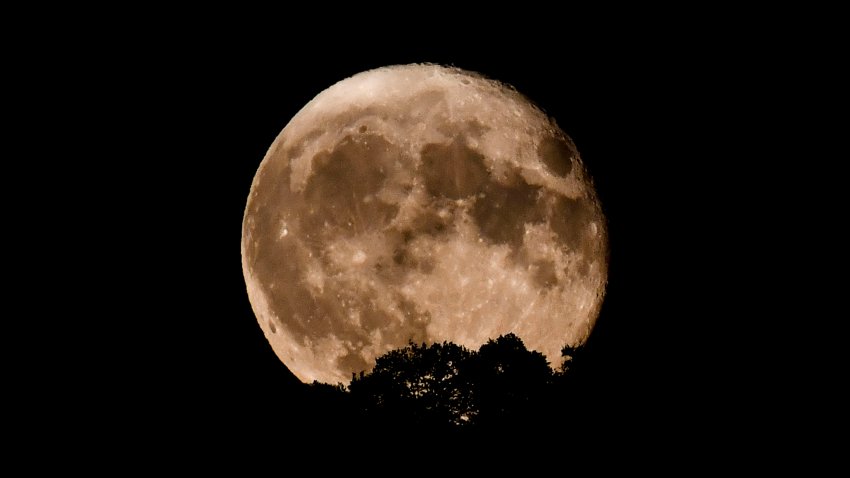
Everything to know about the rare super blue moon, which rises this week
A super blue moon will be visible Wednesday night for the first time since 2018. Here’s how you can see it in the sky.
-
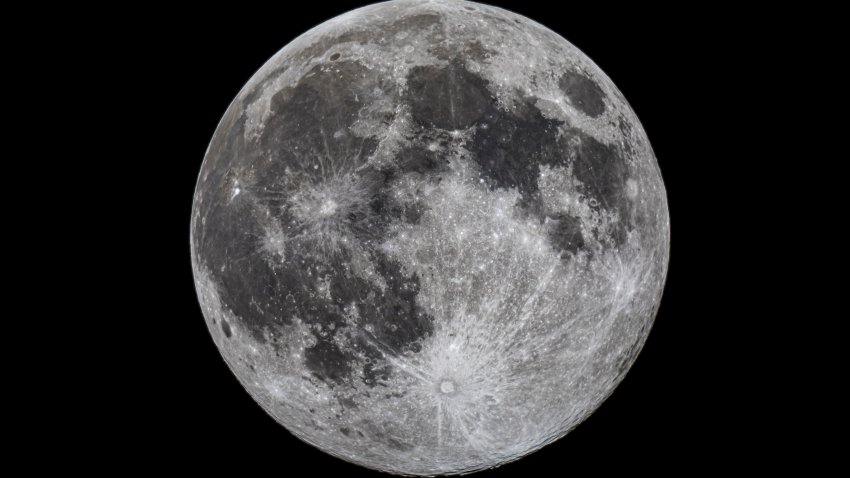
-
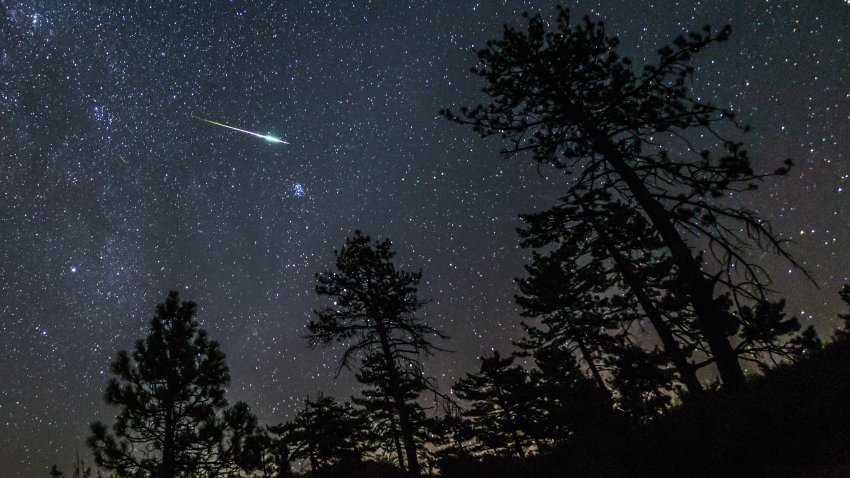
Perseid meteor shower peaks this weekend
The Perseid meteor shower is one of the most intense displays of shooting stars every year
-
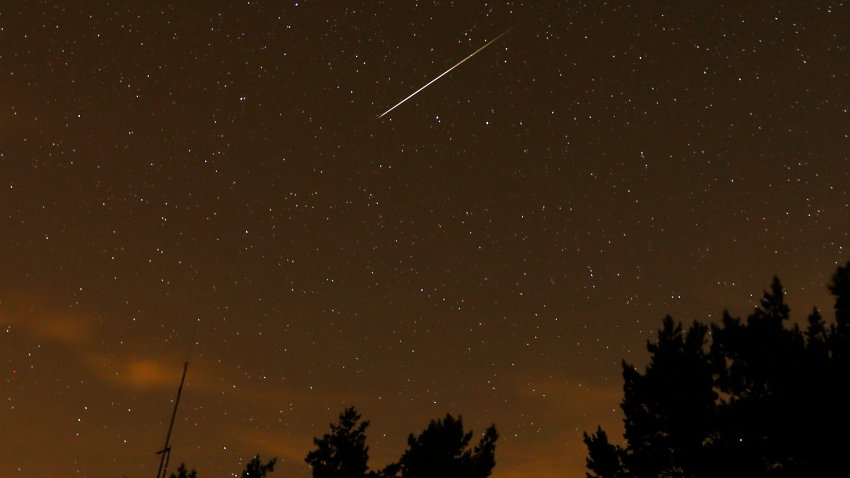
Perseid meteor shower lights up night skies across the world
The annual Perseid meteor shower reaches its peak this weekend. The best viewing will be from Saturday night into early Sunday morning, when viewers might be able to spot a meteor per minute.
-
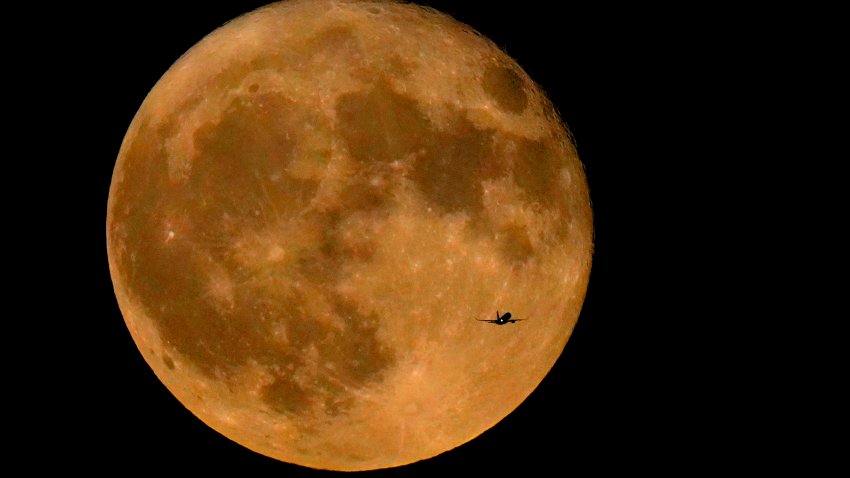
Two supermoons in August mean double the stargazing fun
The cosmos is offering up a double feature in August: a pair of supermoons. Catch the first show Tuesday night as the full moon rises in the southeast.
-
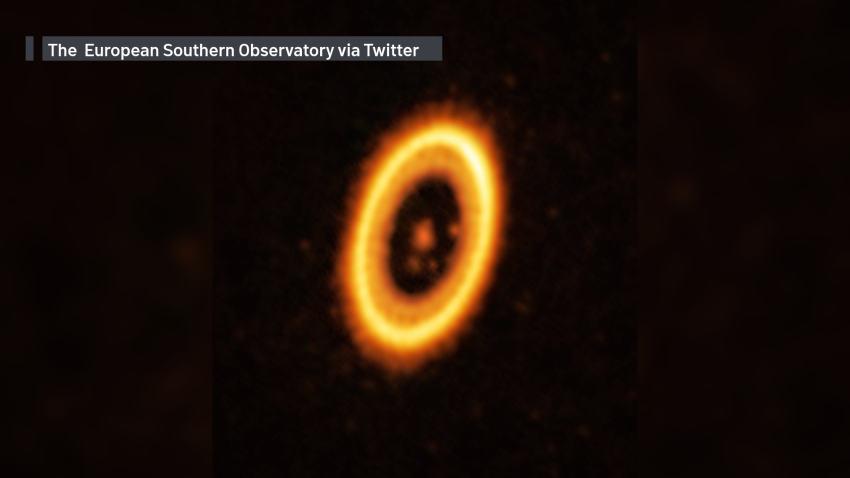
Astronomers discover first evidence of two planets sharing the same orbit
Astronomers reported Wednesday the discovery of what could be two planets sharing the same orbit around their star.
-
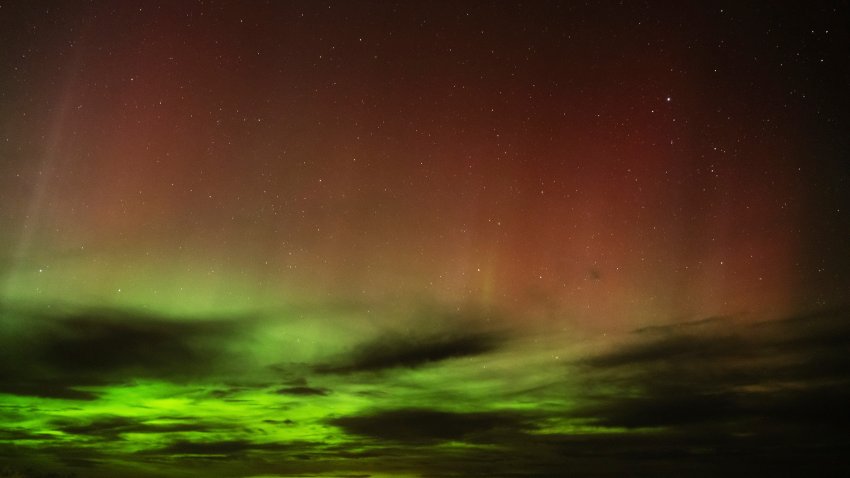
Northern Lights forecast changes, unlikely to be seen in most US states on Thursday
Sorry stargazers, it looks like the Northern Lights won’t be seen in most of the U.S. after all.

